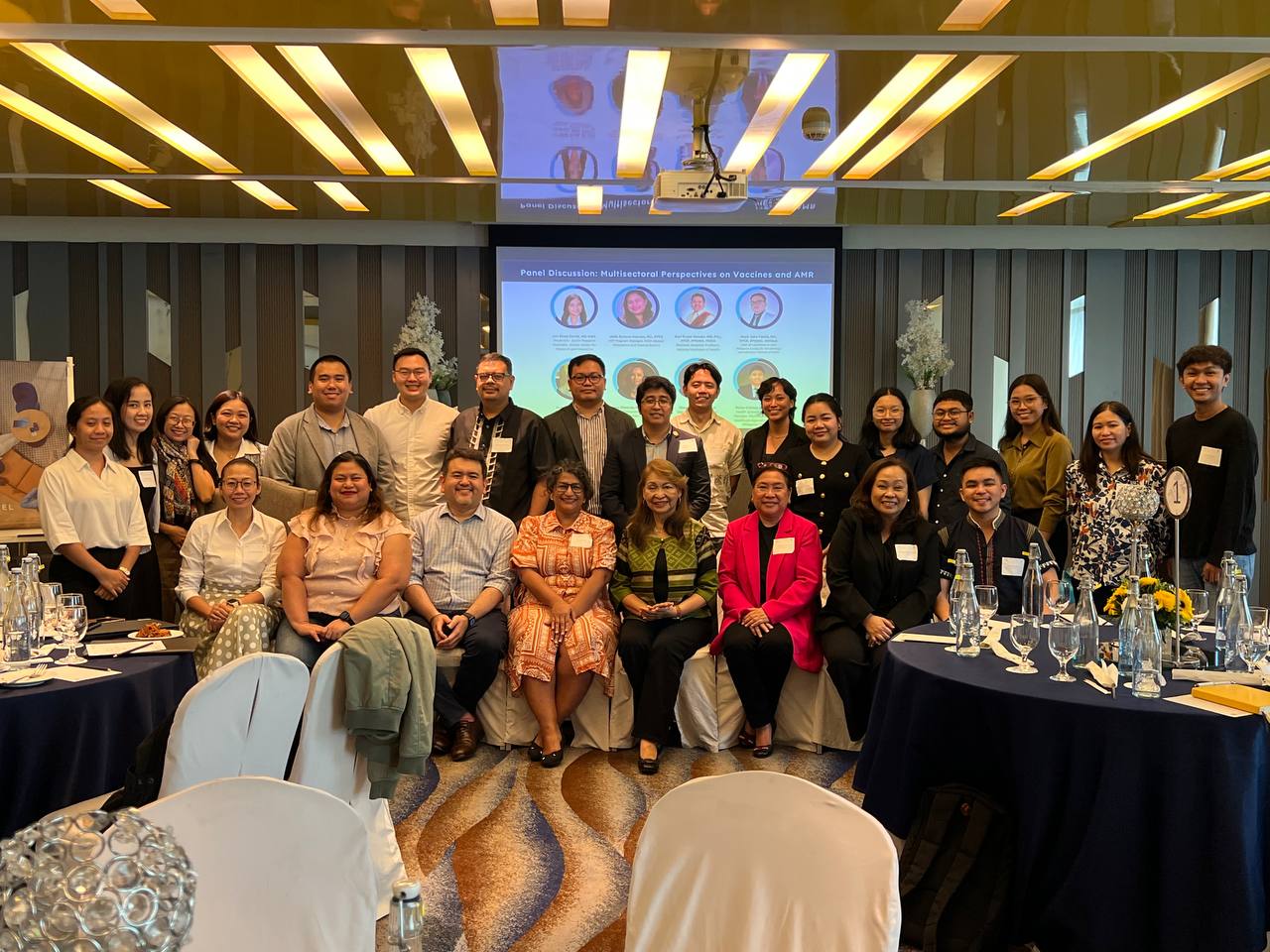
Advancing vaccine uptake to mitigate antimicrobial resistance (AMR) in low and middle-income countries of South or South-East Asia
Antimicrobial resistance (AMR) remains one of the most pressing public health threats of our time, with low- and middle-income countries in South and South-East Asia bearing a significant share of its impact. The inappropriate use of antimicrobials, coupled with gaps in access to effective prevention strategies, continues to accelerate the spread of resistant infections. Strengthening vaccination initiatives has emerged as a critical yet underutilized tool in addressing this global challenge.
This project seeks to advance vaccine uptake as a strategic intervention to mitigate AMR in the Philippines and the broader region. By reducing the incidence of vaccine-preventable diseases, effective vaccination programs can directly lower the demand for antibiotics, curbing misuse and slowing the spread of resistance.
The study aims to generate key recommendations and actionable strategies for national and institutional stakeholders to better integrate vaccine initiatives with AMR control efforts. This includes identifying barriers to vaccine access and utilization, mapping opportunities for alignment with existing AMR action plans, and fostering cross-sector collaboration between health, agriculture, and policy actors.
Through this work, the project contributes to building resilient health systems that can proactively respond to AMR threats while strengthening routine immunization programs. The insights and strategies developed will serve as a guide for policymakers, program managers, and health institutions in the Philippines and across South and South-East Asia to more effectively leverage vaccination as part of a comprehensive approach to AMR mitigation.
-

The Unseen Link: Vaccines and Antimicrobial Resistance in the Philippine Context
Antimicrobial resistance is already claiming lives, and the global pipeline for new antibiotics is shrinking. In August 2025, experts gathered to explore a critical question: Can vaccines become a frontline weapon against AMR? The science is clear—by preventing infections, vaccines reduce antibiotic use and slow resistance. But translating this into action means confronting data gaps, political barriers, and financing challenges. As one expert noted: "When we vaccinate, we reduce the frequency of these diseases. That means fewer antibiotics—used and misused." With no country in the Global South yet integrating vaccines systematically into AMR strategies, the Philippines has a chance to lead—if stakeholders can move from consensus to action.
-

Understand and mitigating the influence of extreme weather events on HIV outcomes: A global investigation
The Philippines faces the dual crises of a rapidly expanding HIV epidemic and intensifying climate-related disasters, yet little is known about how extreme weather events affect HIV prevention, treatment, and care. This study addresses that gap by examining the impacts of typhoons, floods, and droughts on people living with HIV, with a focus on vulnerable populations such as men who have sex with men, transgender individuals, and people who inject drugs. The findings will provide vital evidence to inform climate-adaptive HIV care strategies and guide policies that protect at-risk communities during environmental crises.
